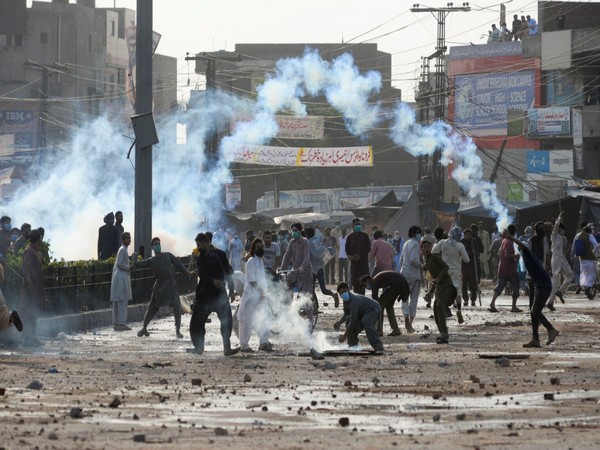UNHCR Sounds Alarm on Escalating Violence in Eastern DRC: Over 237,000 Displaced in 2025 Amid Mounting Humanitarian Crisis
Urgent Need for Relief Efforts and Long-Term Solutions to Address the Region’s Dire Situation

The United Nations High Commissioner for Refugees (UNHCR) has raised grave concerns over the deteriorating violence in the eastern Democratic Republic of the Congo (DRC), where escalating clashes between non-state armed groups and the Congolese army have already displaced 237,000 people in 2025.
The conflict, concentrated in the North and South Kivu provinces, is intensifying one of the world’s most severe and underreported humanitarian crises. The provinces are home to 4.6 million internally displaced individuals, representing one of the largest populations of people uprooted within their own borders globally.
From January 1 to January 6, approximately 150,000 people were forced to flee intense fighting in North Kivu’s Masisi and Lubero territories. Many initially sought safety in Masisi territory, northwest of Goma, only to face repeated displacements as violence spread. In South Kivu’s Fizi territory, local authorities report that 84,000 people have been displaced and are urgently calling for international humanitarian assistance.
Civilians in both regions endure indiscriminate bombings, sexual violence, and attacks using heavy weaponry in densely populated areas, resulting in numerous casualties, including children. The use of homes by fighters as shelters has further blurred the line between combatants and civilians, endangering residents and escalating tensions.
Dire Humanitarian Conditions and Restricted Access
Humanitarian access has been severely constrained due to insecurity, roadblocks, and the presence of violent armed groups. Displaced populations lack adequate shelter, food, clean water, and medical care, with many resorting to overcrowded host communities, makeshift shelters, or public buildings. Conditions in these shelters are deteriorating rapidly, with rising risks of disease outbreaks and malnutrition.
Despite the challenges, UNHCR remains committed to providing critical support. In 2024, the agency constructed or rehabilitated shelters for over 95,000 people in the region and distributed essential items, including mosquito nets, blankets, and cooking supplies, to 45,000 people. However, renewed violence continues to erode these gains.
Recent Developments and Fragility of the Situation
A temporary lull in violence on January 4 allowed 25,000 displaced people to return to Masisi-Center. However, renewed clashes just days later on January 9 forced many to flee again, highlighting the volatile and fragile nature of the situation. Civilians in Masisi remain at risk of forced recruitment and other abuses by armed actors.
UNHCR’s Call for Urgent Action
UNHCR is urging the international community to scale up its response to the DRC’s escalating crisis. In 2025, the agency requires $226 million to address the emergency, but to date, less than 10% of the funding has been secured. Without immediate financial support, millions of vulnerable people risk being left without assistance.
UNHCR also calls on all parties to ensure safe and unimpeded access for humanitarian workers, prioritize the protection of civilians, and invest in long-term peacebuilding efforts.
Path Forward: Beyond Emergency Relief
To address the root causes of displacement, UNHCR advocates for increased investments in conflict resolution and peacebuilding. Strengthening local governance, supporting sustainable development, and fostering reconciliation between communities are critical for achieving lasting stability in the DRC.
UNHCR’s Regional Director for Africa, Elizabeth Tan, emphasized: “While the humanitarian needs are urgent, we must not lose sight of the bigger picture. Peace and stability are the ultimate solutions to ending the suffering of millions in the DRC. The international community must act now, not only to provide relief but also to invest in the future of this region.”
As the crisis unfolds, UNHCR remains steadfast in its commitment to supporting displaced communities and building a foundation for hope, peace, and resilience in the DRC.
- READ MORE ON:
- UNHCR
- Democratic Republic of the Congo










